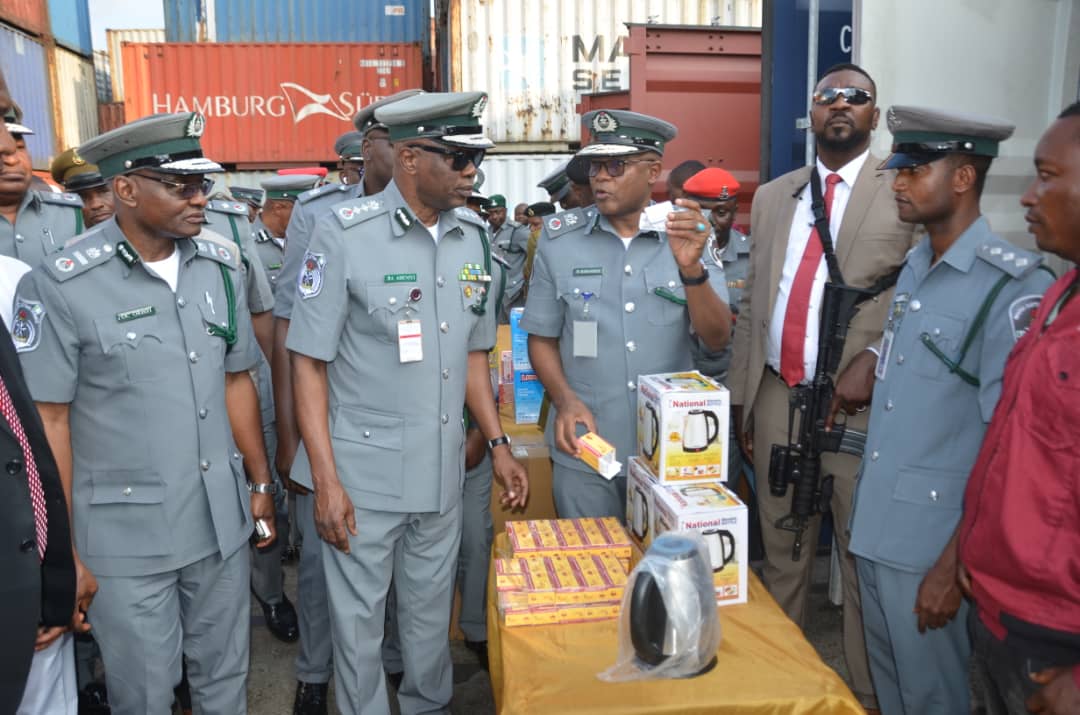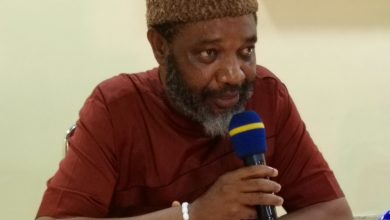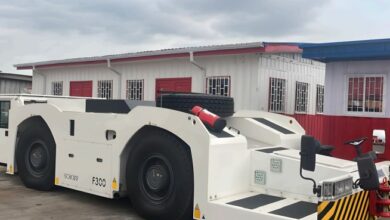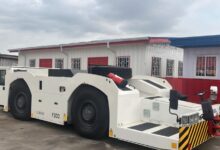
Beginning from 2025,Nigeria Customs Service is set to scale down on the high rate of physical examination of cargoes as part of its modernisation drive to usher in a regime of non intrusive inspection of cargoes at the nation’s ports. Comptroller General of Customs Bashir Adewale Adeniyi said this at the recently held CGC Conference in Abuja
Adeniyi said the physical interaction shall be scaled down for more technological driven regime of Non Intrusive Inspection (NII), which reduces human interaction.
The Customs Chief added that the use of technology and other tools of trade facilitation like the Authorized Economic Operators (AEO) will be enhanced to maximize revenue collection.
He also expressed concern about the high rate of retirements affecting senior officers which is capable of disrupting the service manning system and transition.
He identified that the exit of top management staff through retirement has created a gap in the top echelon of the service which has become an issue of concern.
Adeniyi disclosed that the leadership of the service has taken proactive steps to address the challenge by plugging the gaps created by their rapid exit of senior officers through what he described as accelerated career progression which would result in rapid promotion of deserving officers.
He said ” Looking ahead to 2025, we have crafted ambitious yet attainable goals that build on our current momentum.
“We aim to dramatically reduce physical inspection rates through enhanced risk management systems, fully deploy our e-customs infrastructure, and expand our Authorized Economic Operator program.
“Our focus extends to strengthening regional integration through improved border cooperation and deepening stakeholder engagement through regular consultative forums.
“These objectives are not just operational targets; they are our vision for a modern customs administration that effectively balances trade facilitation, revenue collection, and security.
“The achievement of these goals, particularly during this period of leadership transition, will require even stronger partnerships with all stakeholders – from government agencies to private sector operators” he said
“A significant internal challenge we must address transparently is the unprecedented rate of leadership transitions within our Service.
“The statistics tell a compelling story: we saw 60% of our management team exit in 2022, 36% in 2023, and this year, we will experience a 76% change in our management composition.
“With projections indicating another 40% of our management staff retiring in 2024, we recognize the urgent need for strategic intervention” he said.
“In response, we have launched an ambitious Human Resource Development Plan that addresses both immediate and long-term needs.
“This includes accelerated career progression opportunities for deserving officers, ensuring that talent and dedication are appropriately rewarded.
“Most significantly, we are making a historic investment in human capital infrastructure through the establishment of a Customs University – a testament to our commitment to building a knowledge driven service.
“These initiatives, aligned with the World Customs Organization’s focus on youth leadership development, complement our comprehensive talent management program that identifies and prepares promising officers for leadership roles, ensuring the Service’s continued stability and effectiveness” he said











